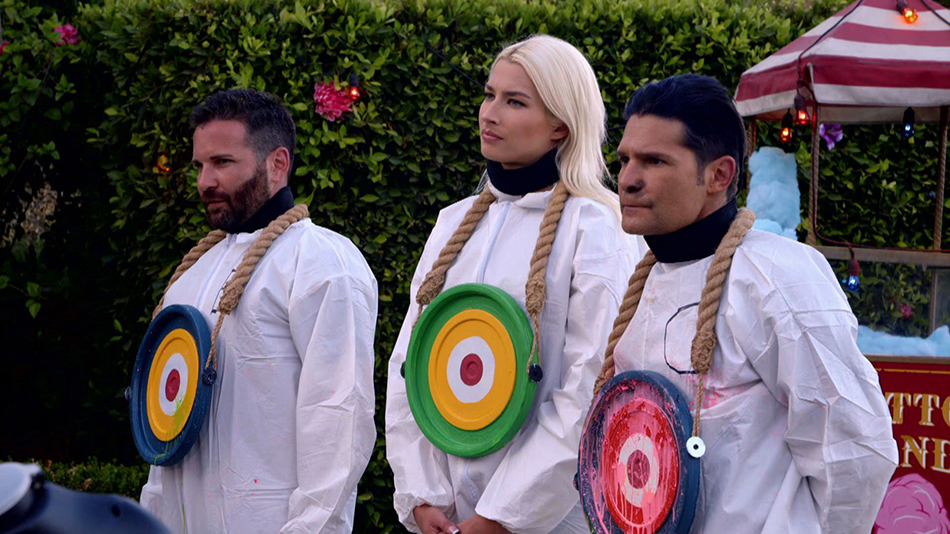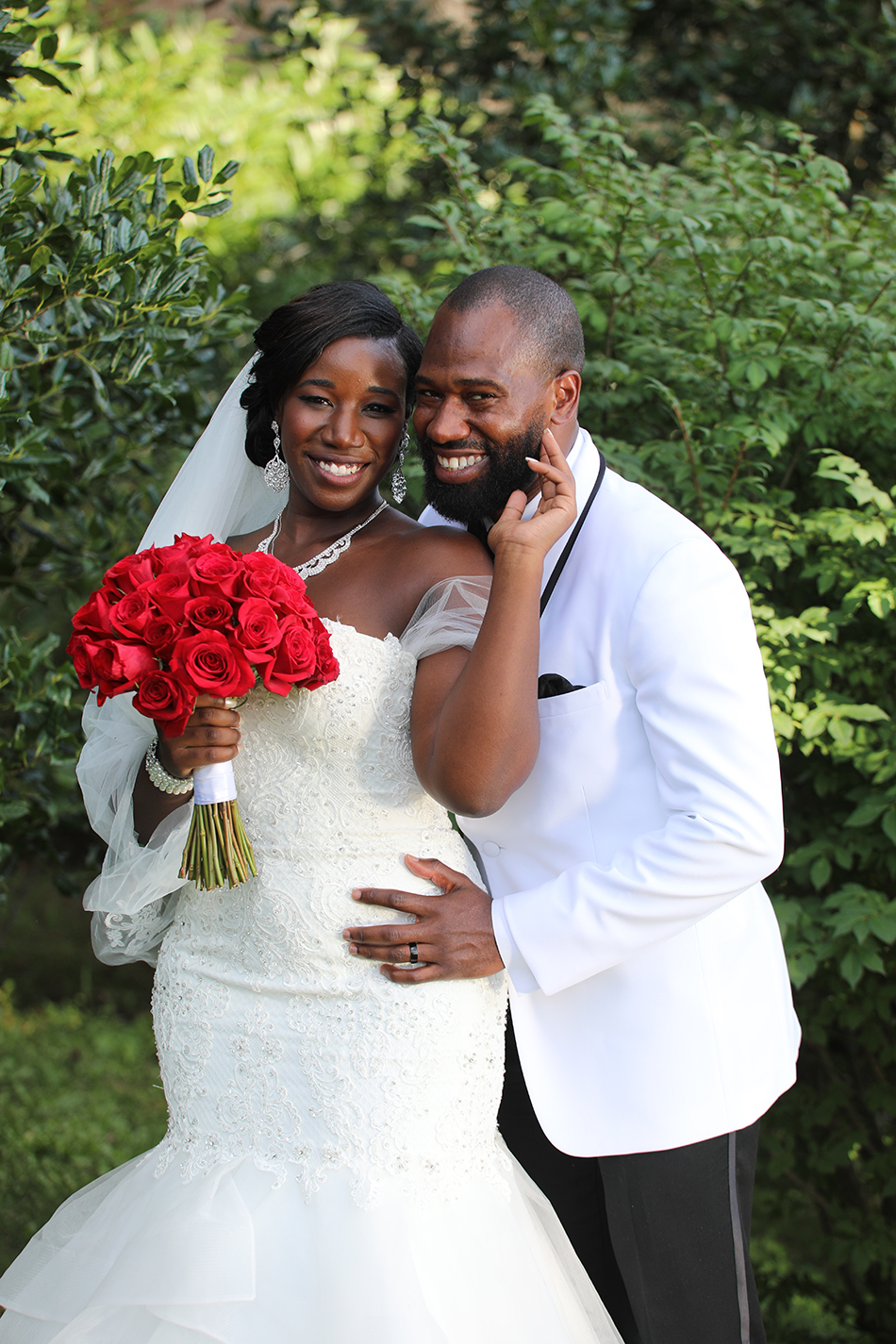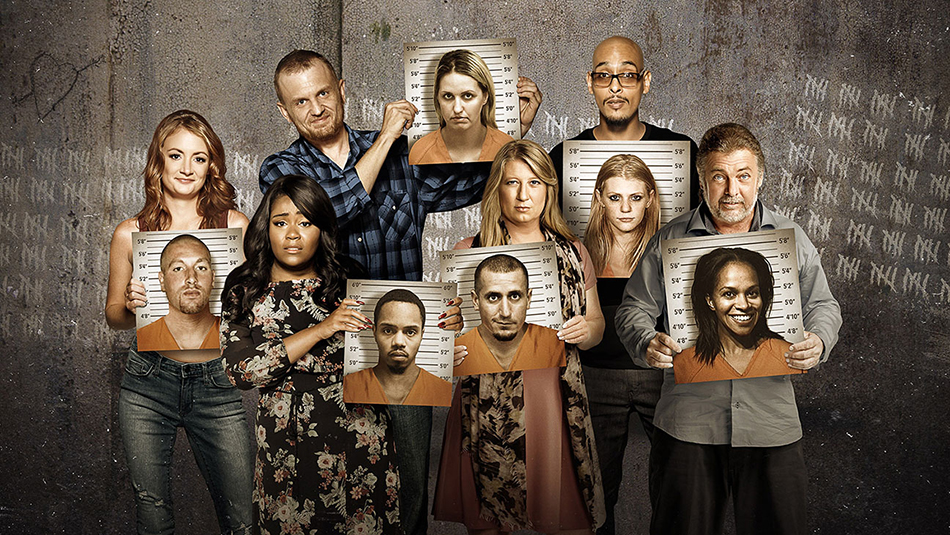TV Rewrites the Rules of Love
The smarter way to stay on top of the multichannel video marketplace. Sign up below.
You are now subscribed
Your newsletter sign-up was successful
Several cable reality shows are rewriting the vows and rules for reality TV marriage and relationship-themed shows, targeting a new generation of viewers who themselves aren’t necessarily confirming to traditional norms of love and long-term commitments.
Shows like TLC’s 90 Day Fiancé, Lifetime’s Married at First Sight, WE tv’s Love After Lockup and USA Network’s Temptation Island are drawing a substantial audience of young, mostly women viewers tuning in for escapist shows that often depict marriages and relationships in distressed and dire situations, while revealing some personal truths and issues that may exist in their own relationships.

“When the stakes are higher, you’re either rooting for or against somebody, but you’re invested in the outcome, so you tune in,” Linda Ong, chief culture officer at Civic Entertainment Group and a former Lifetime marketer, said. “People can use these high stakes to take the focus off the craziness of the real world and also make the idea of relationships a little more exciting than it may be for them.”
What’s clear is the genre is generating some big audience numbers for cable networks. One of the hottest relationship-themed franchises on cable today is TLC’s 90 Day Fiancé. Its seventh-season premiere on Nov. 3 drew 2 million viewers, second only to AMC’s The Walking Dead among all cable shows in primetime for the night.
RELATED: USA Unveils ‘Temptation Island’ Second-Season Trailer
The series, which follows couples who must get married within 90 days as part of a K-1 Visa application allowing the foreign fiancés of American citizens into the country, has also spawned five separate spinoff series. They include prequel Before the 90 Days, which averaged a series-record 3.3 million viewers for its third season earlier this year; and 90 Day Fiancé: The Other Way, which averaged 2.6 million viewers this past summer — the network’s highest audience for a freshman series.
Following Real-Life Journeys
The smarter way to stay on top of the multichannel video marketplace. Sign up below.
“We’re tracking people in real time,” TLC senior vice president of production and development Alon Orstein said. “It’s not manufactured relationships that have been put together for TV — these are people who have found each other already, and we are basically documenting their journey.”
Also documenting the trials and tribulations of uniquely-formed married couples is WE tv’s Love After Lockup, which follows the marriages and relationships of couples after one of the partners is released from prison. The series and its spinoff show Life After Lockup — which follows couples from the original show who are still together — average more than 1 million viewers for WE tv, half of whom are in the women 25-54 demo, according to the network.
The network has green-lit new seasons for both shows.
“We are inherently interested in love stories, and they can come in a variety of different, unexpected ways, and I think there is a relatable component to it,” WE tv president Marc Juris said. “It shows relationships at different stages with people at different points in their lives. These are authentic portrayals. [The couples] understand the pressure, the danger and the appeal — when you put that all together, it makes for a very compelling story.”
The success of these shows is also inherent in the changing norms of how society views and emphasizes long-term relationships. Ong said shows like 90 Day Fiancé and Married at First Sight — which portray individuals who agree to marry when they first meet — provide a high-stakes look at love and relationships that doesn’t necessarily exist in today’s culture, particularly among millennials. With less pressure on women to define themselves by marriage and with popular dating apps offering more choices for potential partners, the emphasis on finding and securing a lifelong mate is not as strong with millennials as with prior generations.
“We know millennials are delaying marriage and families, so there isn’t that much pressure to find that one person and live happily ever after,” Ong said. “What that means is when you’re watching a reality show about relationships and marriage, what’s really entertaining is to see how high the stakes are in those shows when the cultural perception of relationships in general is much lower.”
The cultural shift in the perception of long-term relationships has forced long-running reality shows like WE tv’s Marriage Boot Camp to alter their definition of a committed relationship. The series, which last month aired its 100th episode, advises struggling couples with the input of a professional marriage counselor. Adam Freeman, president of creative and executive producer of Thinkfactory Media, which produces the Marriage Boot Camp franchise, said the show’s original premise of dealing strictly with married couples has evolved over the years to include other types of unions.

“When the show first started, we really had a very strong focus on married couples,” Freeman said of the series, which, in its 15th season, is the most-watched show in WE tv’s core demo of women 25-54. “As the show grew in popularity — and as the definition of marriage and relationships changed — we have now had all types of couples. But at the end of the day, it really comes down to committed relationships. Is it right for you?”
USA Network’s 2019 version of unscripted series Temptation Island has also bowed to the changing nature of relationships, particularly among younger viewers. The sophomore reality series, the original version of which aired on Fox from 2001-03, puts several married couples on an island alongside a group of singles to test their relationships.
“The basic premise of the show — which is, ‘are you with who you should be with?’ — hasn’t changed, but its relevance has increased,” series host Mark L. Walberg said. “Now, more than before, the temptation of whether there’s something better out there lies right on your smartphone when you look at Instagram and dating apps. All you see are the best version of filtered people out there, so the show is more relevant today than in the past.”
Unlike its first iteration, the advent of social media has helped drive the appeal of the show as viewers chat about the happenings on the island, Walberg said.
“Social media has a lot to do with the immediacy of whether viewers should watch,” he said. “If something happens on the show, the viewers immediately go to social media to talk about it.”
Exploring Social Issues
Also driving the appeal of shows like 90 Day Fiancé and Love After Lockup are underlying social issues like immigration and prison reform, according to Ong.
“90 Day Fiancé is essentially a story that in the background is about immigration, and Love After Lockup is about incarceration and the criminal justice system,” Ong said. “These are all things that are in the forefront of social issues today, but [the shows’] approach is not political. It’s a way of dealing with and understanding some very real issues in our society that most people don’t have a familiarity with. It’s still popcorn television, but the fact that its dealing with really important themes gives it a little more value for people.”
What the shows don’t always provide, according to some observers, is a healthy image of marriages and committed relationships. Marriage consultants Michelle and Dwain Daniels are concerned the genre often downplays the importance of long-term commitments by showcasing often quick fixes for couples, rather than focusing on the positives of working toward developing a long-lasting relationship.
“I don’t think the shows provide a positive image of marriage — yes, everyone goes through things and meets people differently, but the overall image of what marriage is supposed to be gets lost,” Michelle Daniels said.
RELATED: WE tv Breaks ‘Love After Lockup’ Spinoff
Added Dwain Daniels: “We’re in a society where a lot of things are instantaneous: people think there’s a quick fix for everything. But relationships take work. In some of these shows, if it doesn't work in X number of months the participants can walk away from it, and that’s not what a long-term relationship is about. At the same time, these shows are popular, and I don’t see these shows going away any time soon.”

Indeed, the beat goes on for the genre. OWN: The Oprah Winfrey Network recently announced a new relationship series, #LoveGoals, in which a family and relationship therapist named Spirit advises five celebrity couples who are at a crossroads in their relationship.
“#Love Goals will be an exciting addition to the network’s Saturday-night lineup centered around love and marriage,” OWN president Tina Perry said. “Spirit’s healing approach to mending and strengthening relationships in this new weekly series will make for great television.”
Thinkfactory’s Freeman said the company has talked about further spinning off the Marriage Boot Camp series to potentially feature athletes and musicians, but only if it feels authentic to the producers and ultimately to viewers. “We’re never going to force it and do a spinoff of the show just for the sake of doing it,” he said. “It is a therapeutic show, so it has to be a segment of the population that could use our help.”
In the end, love and relationship stories are universal, TLC’s Orstein said, and there will always be an audience for content that deals authentically with the subject.
“Love is the oldest story ever told: boy meets girl, boy meets boy or girl meets girl. It’s at the core of all television and cinematic storytelling,” he said. “It’s so relatable to people — most everyone has been in a relationship — so it’s an area that, if anything, will continue to grow.”
R. Thomas Umstead serves as senior content producer, programming for Multichannel News, Broadcasting + Cable and Next TV. During his more than 30-year career as a print and online journalist, Umstead has written articles on a variety of subjects ranging from TV technology, marketing and sports production to content distribution and development. He has provided expert commentary on television issues and trends for such TV, print, radio and streaming outlets as Fox News, CNBC, the Today show, USA Today, The New York Times and National Public Radio. Umstead has also filmed, produced and edited more than 100 original video interviews, profiles and news reports featuring key cable television executives as well as entertainers and celebrity personalities.

